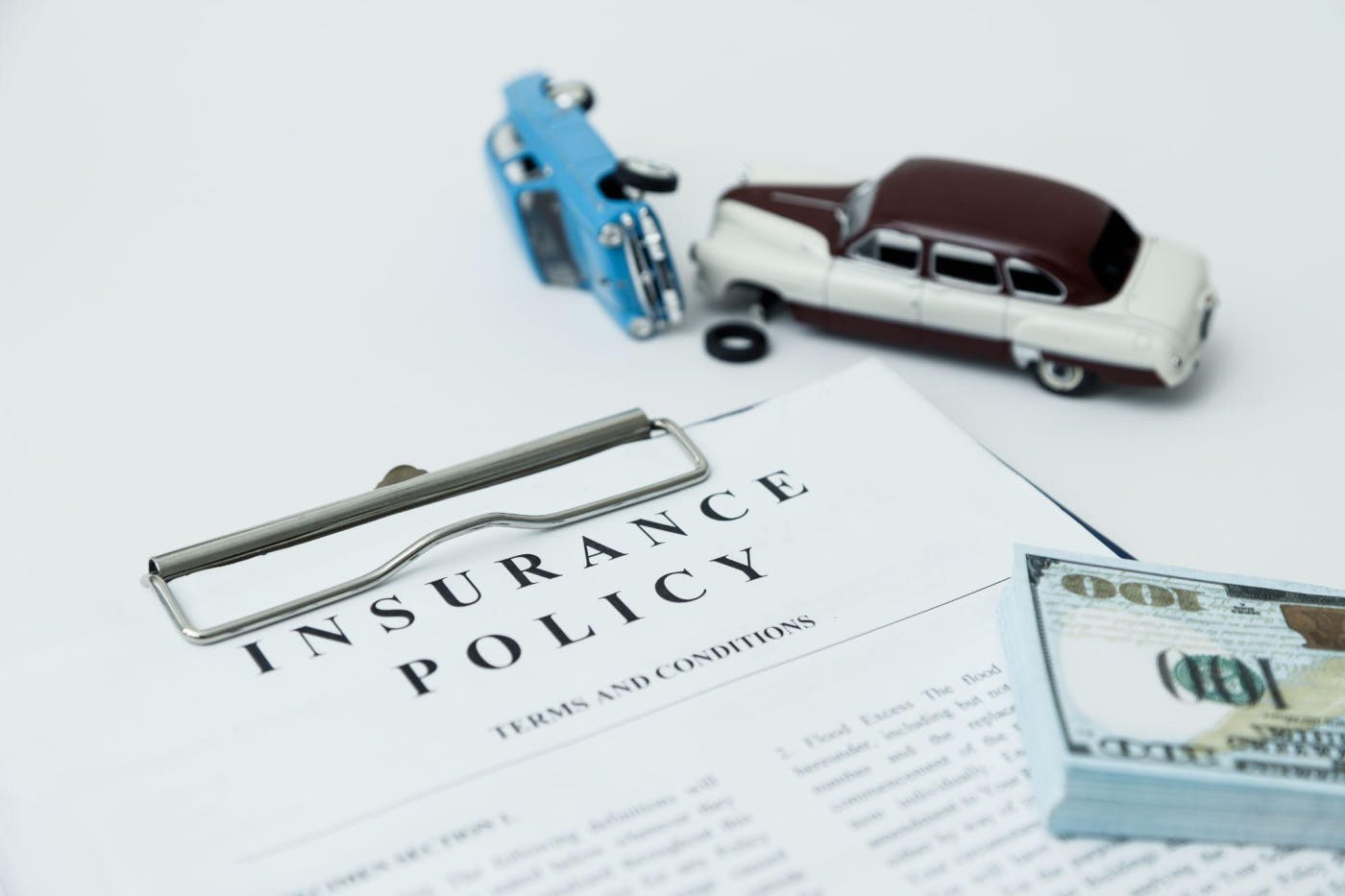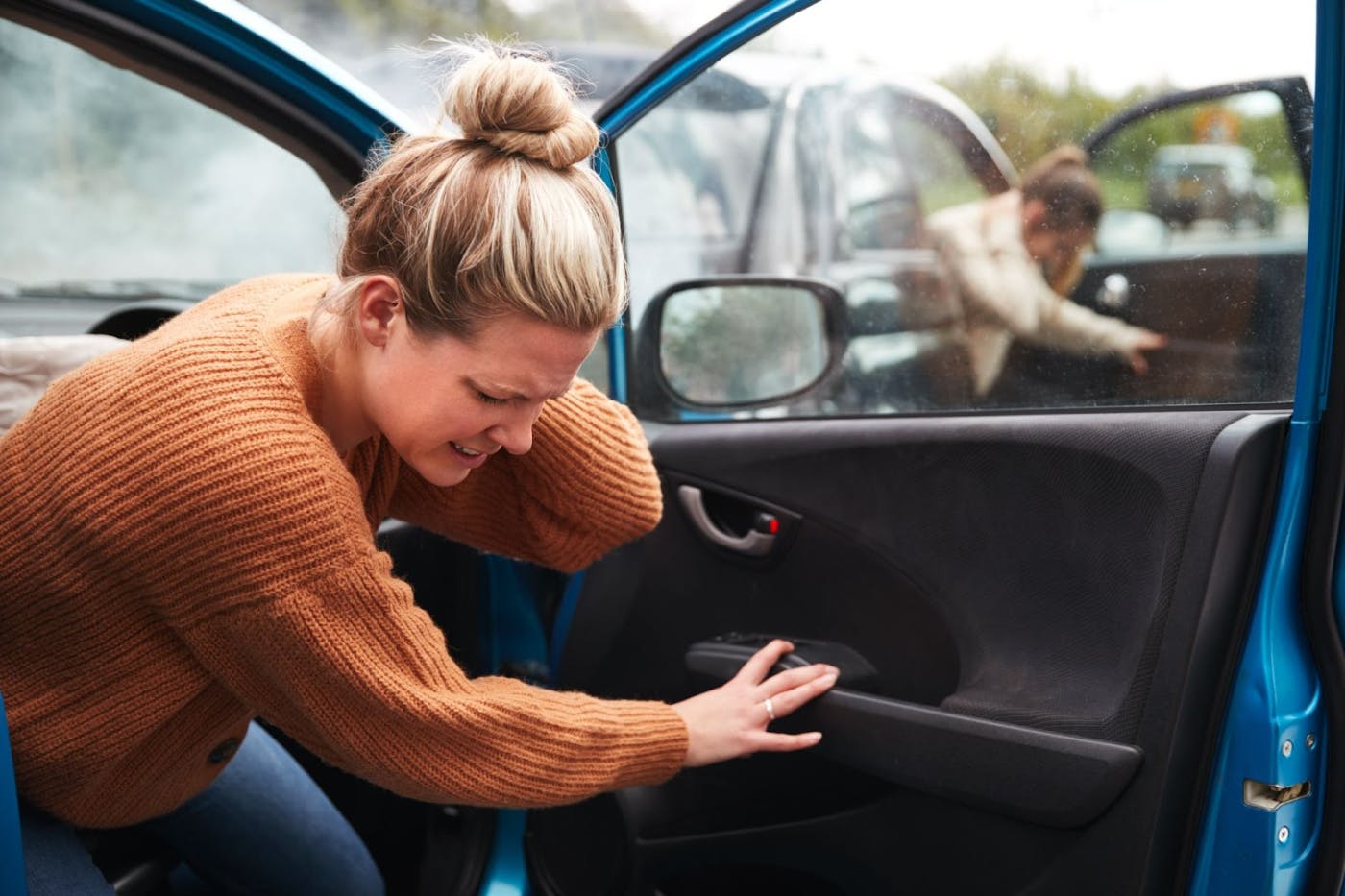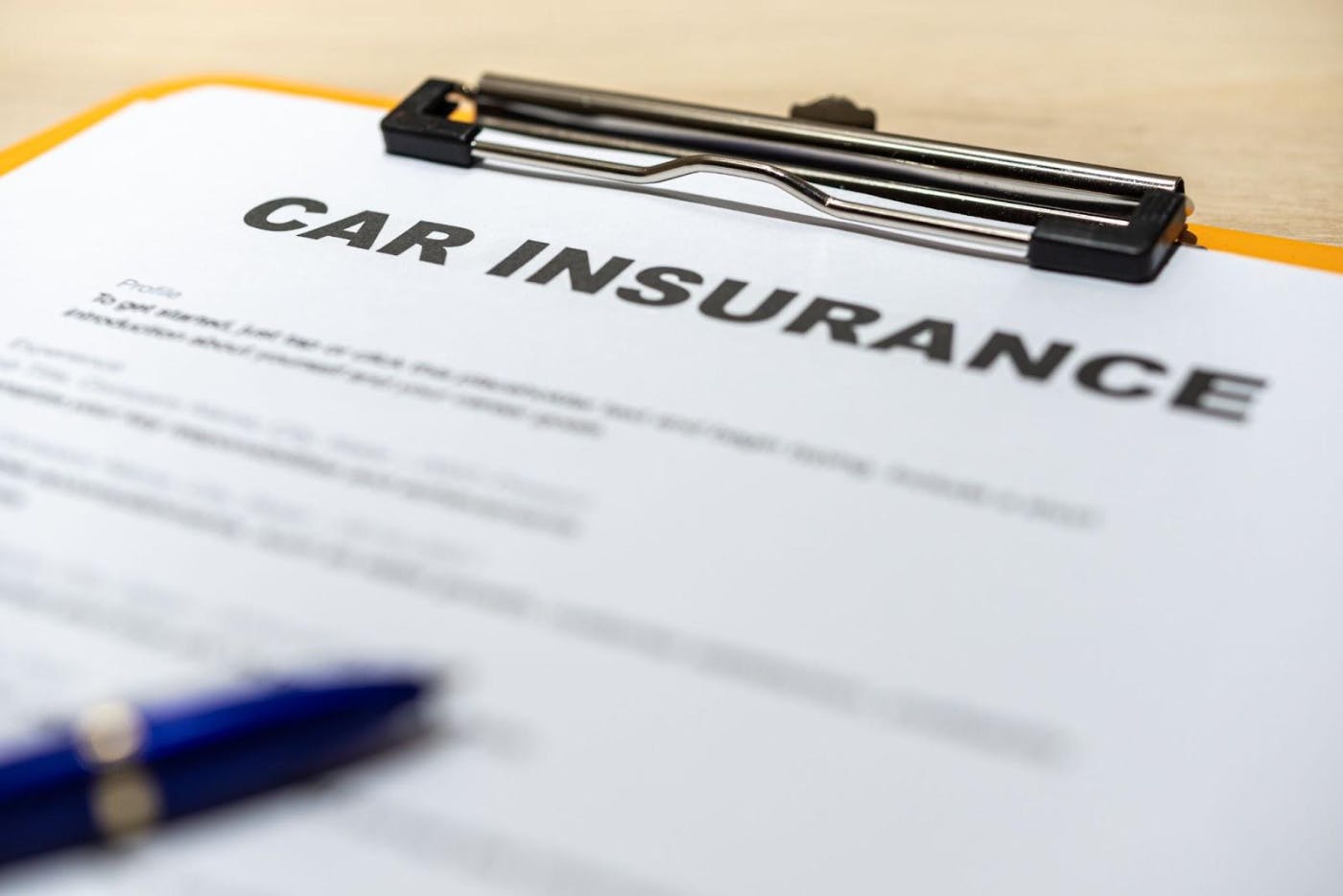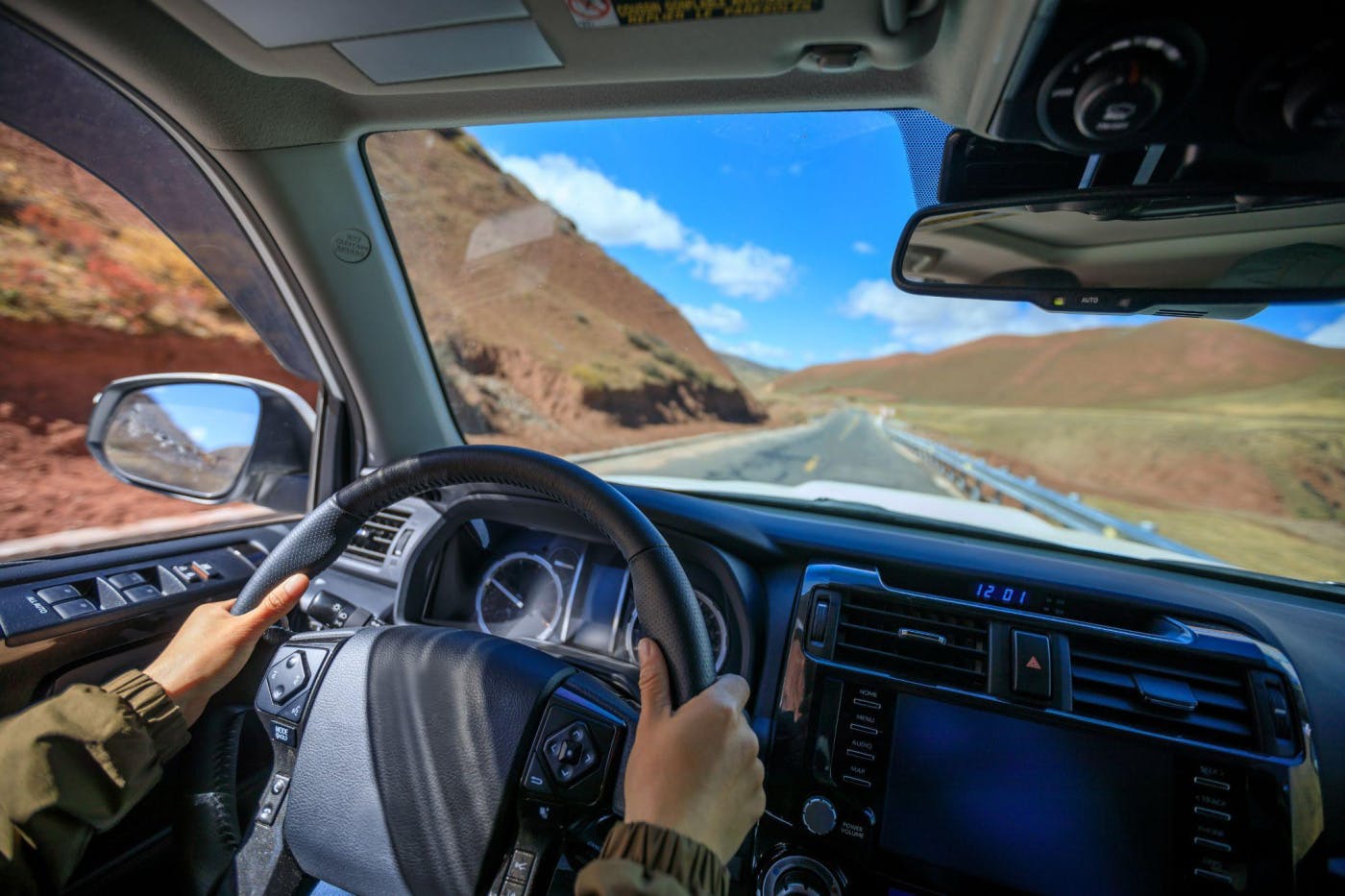Keep Your Car In Optimal Shape During Winter Months
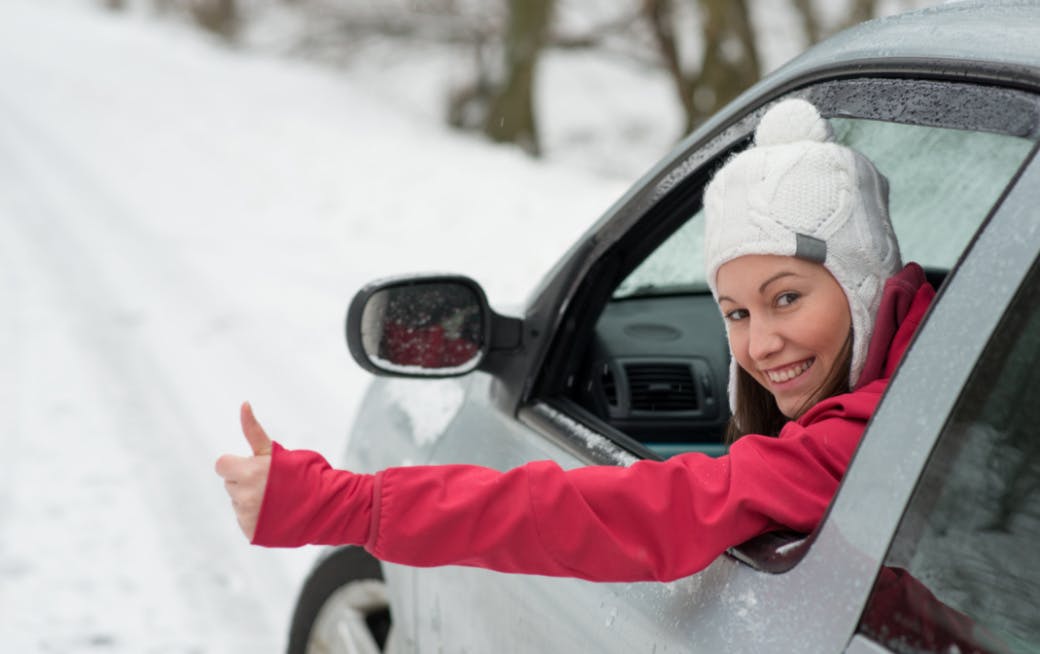
Minnesota winters can put your car to the test. Icy roads, freezing temperatures, and threatening snowstorms define our cold season.
These hazardous conditions can affect your driving and impair the performance of your vehicle, increasing the chance of an accident. It's important to know how to maintain your car for increased longevity and greater protection on icy roads.
Watch The Engine Fluids
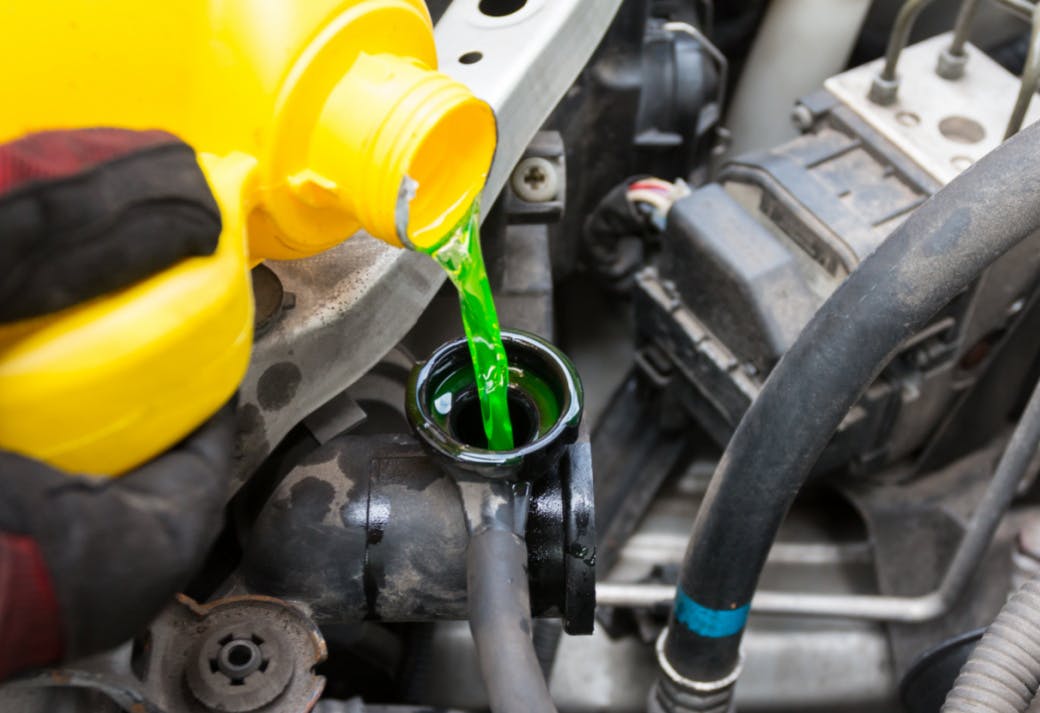
Many of the fluids in your vehicle contain water. Freezing temperatures can cause them to thicken, preventing necessary circulation. This can lead to a range of issues, from decreased visibility to compromised driving performance.
You can combat this by switching all your fluids to winterized formulas. They’re made of chemical solutions that resist cold temperatures. Antifreeze, which prevents water in your cooling system from freezing, is a perfect example.
You should also get in the habit of keeping your gas above half a tank to avoid condensation in the fuel tank. It’s not common for gasoline to freeze, but it's possible. If any moisture gets into the fuel line from condensation, it can damage the engine. This can lead to rough acceleration or difficulty getting the car started.
Switch To Winter Tires
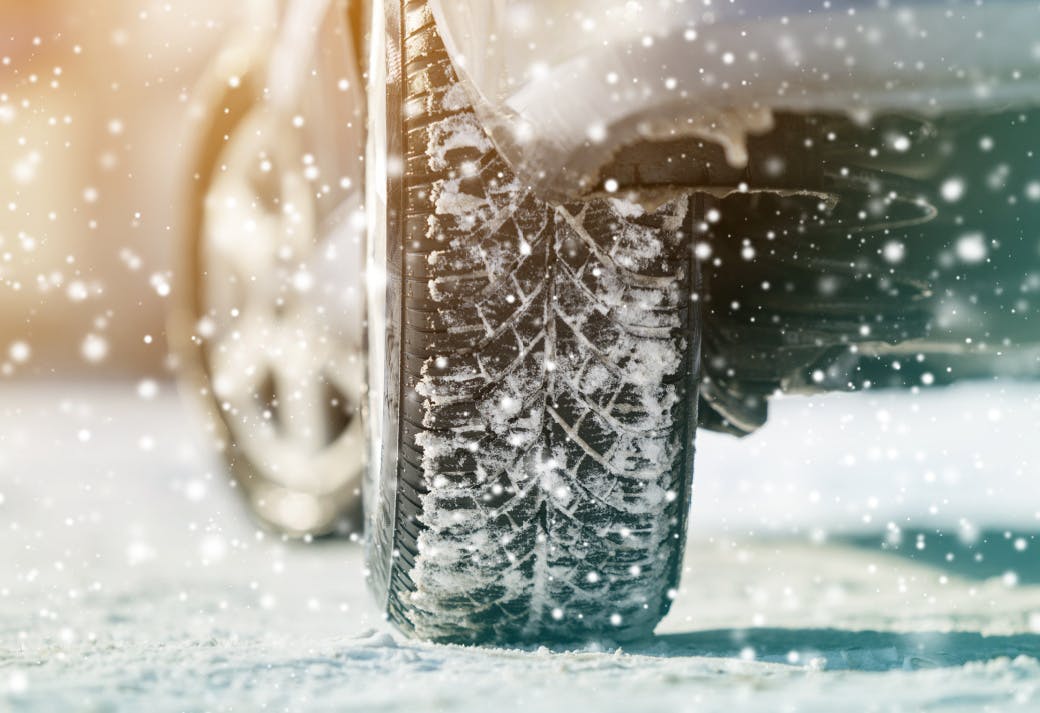
Consider replacing your tires as the temperature drops. The material in non-winter tires hardens as it gets colder. This makes it difficult for your vehicle to grip the pavement.
Winter tires have a deeper tread depth than summer tires, which makes it easier for snow and slush to escape. This increased traction prevents your car from slipping and sliding on icy roads.
Winter tires can last three to four winters. With proper maintenance, you could use them from now until 2026.
Check Your Tire Pressure
Cold air causes tire pressure to drop. Low tire pressure can lead to premature wear, decreased traction, and even blowouts.
Proper air pressure improves traction. This is especially helpful when driving on snowy roads. If you ever need to make an emergency maneuver, the right amount of air in your tire reduces the risk of slipping and sliding.
Most vehicles have a built-in sensor that monitors tire pressure. Yet, it doesn’t hurt to double check with your own tire gauge, especially on days with significant temperature changes. The recommended pressure for most vehicles is located on the tire placard, in the vehicle’s owner manual, or posted on the side of the door.
Protect Your Windshield Wipers
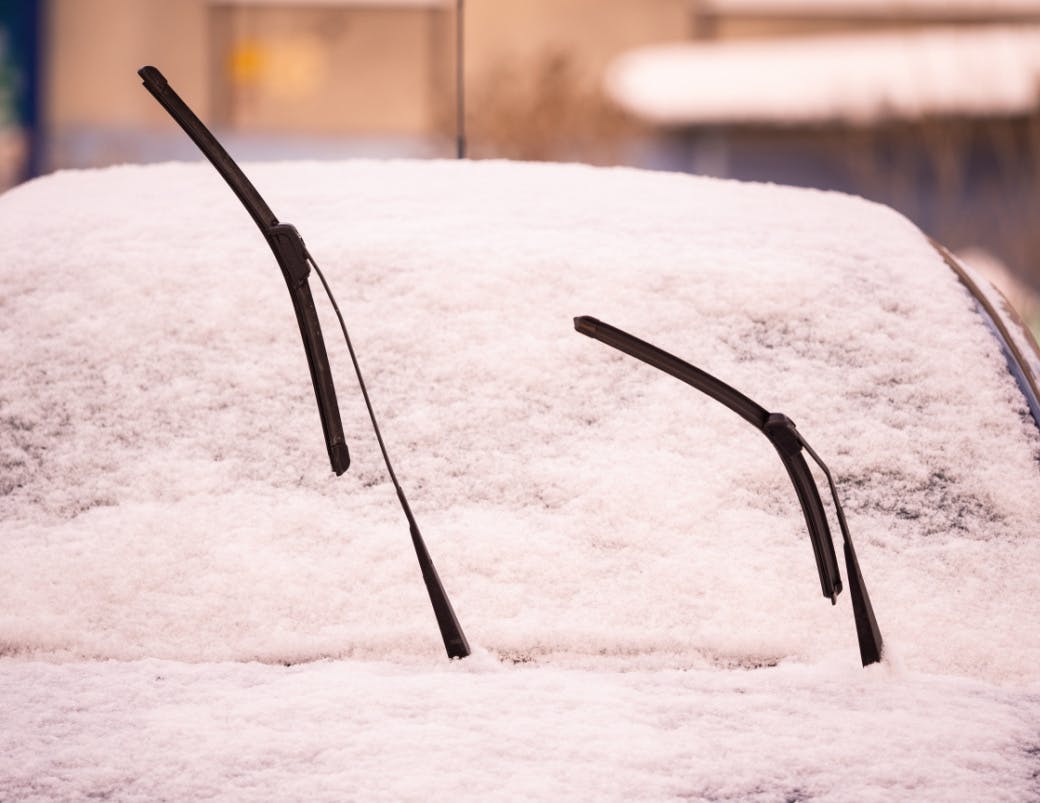
Winter brings a slew of visibility issues. This includes heavy snow, frosted windows, and slush and debris from fast moving vehicles. There’s also more time spent driving at night and increased glare.
The condition of your windshield wipers is important. Consider heavy duty wipers for winter weather.
Winter wipers have a protective layer of rubber, which prevents ice and snow build-up. They also perform better against winter's precipitation, making it easier to clear sleet, ice, and snow from your windshield. Non-winter wipers can freeze and won’t be able to move if the weather becomes too intense.
Throughout the winter, make sure to pull your blades off the window when the vehicle is not in use. This ensures they will not freeze to your windshield, preventing possible damage.
Know The Health of Your Battery
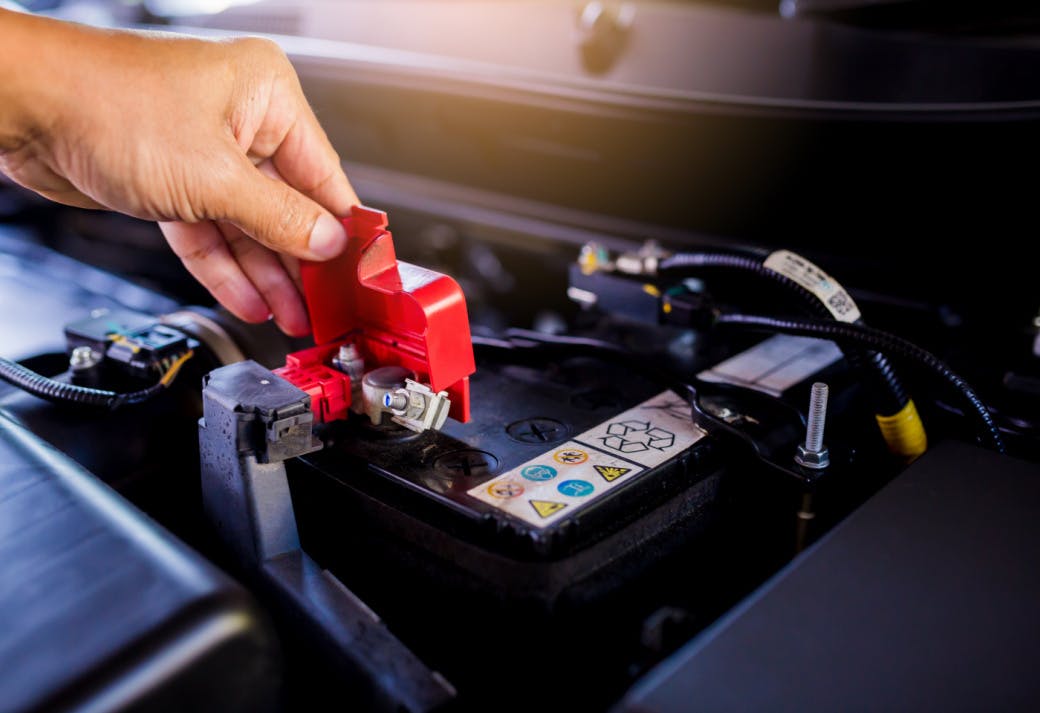
It takes more power in the winter for a battery to start a vehicle in the cold. A weak battery might not do the job. If you are unsure about the condition of your battery, most service stations will test it for free.
It helps to park your car in a garage if available. Also remember to keep a pair of jumper cables in your trunk just in case your car won’t start.
Make a Winter Safety Kit
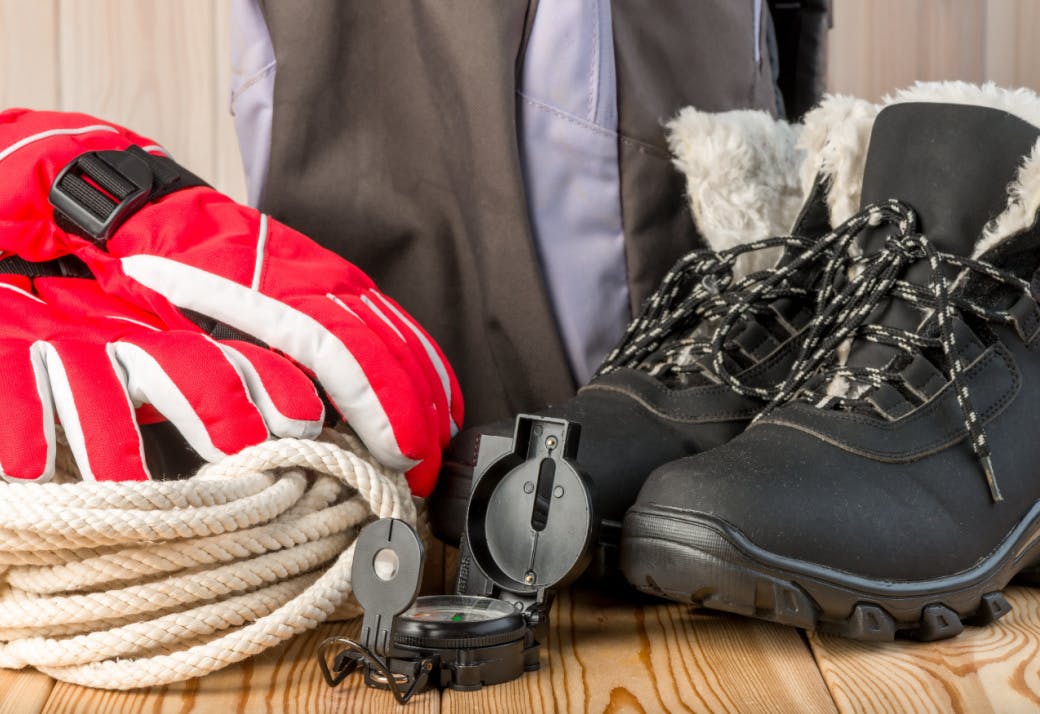
If you’re ever stranded in your car during the winter months, it’s important to have supplies ready. Freezing temperatures and heavy snowfall pose a danger to you and your vehicle.
Here are some items to consider for your winter safety kit.
- Common tools (hammers, wrenches, screwdrivers etc.)
- Spare tire
- Flashlight and batteries
- Ice-scraper
- Flares
- Candles
- Winter coat and/or blanket
- Non-perishable, high energy snacks
- Water
- Jumper cables
- Antifreeze
- Windshield wiper fluid
- Hand warmers
- Heavy boots
- Small shovel
- Salt (or sand)
- Gloves
Have You Experienced A Winter Accident?
Even with all the winter precautions, accidents happen. If you are injured in an auto accident - you may be entitled to compensation. We can help you get it.
Siben Carey has spent decades assisting thousands of injury victims get the financial support they need after an accident.
- Contact us for a free case evaluation so we can:
- Evaluate your case
- Explain your rights to you
- Investigate the details of your injury
- Negotiate with stubborn insurance companies on your behalf
- Help you pursue all the compensation you deserve


